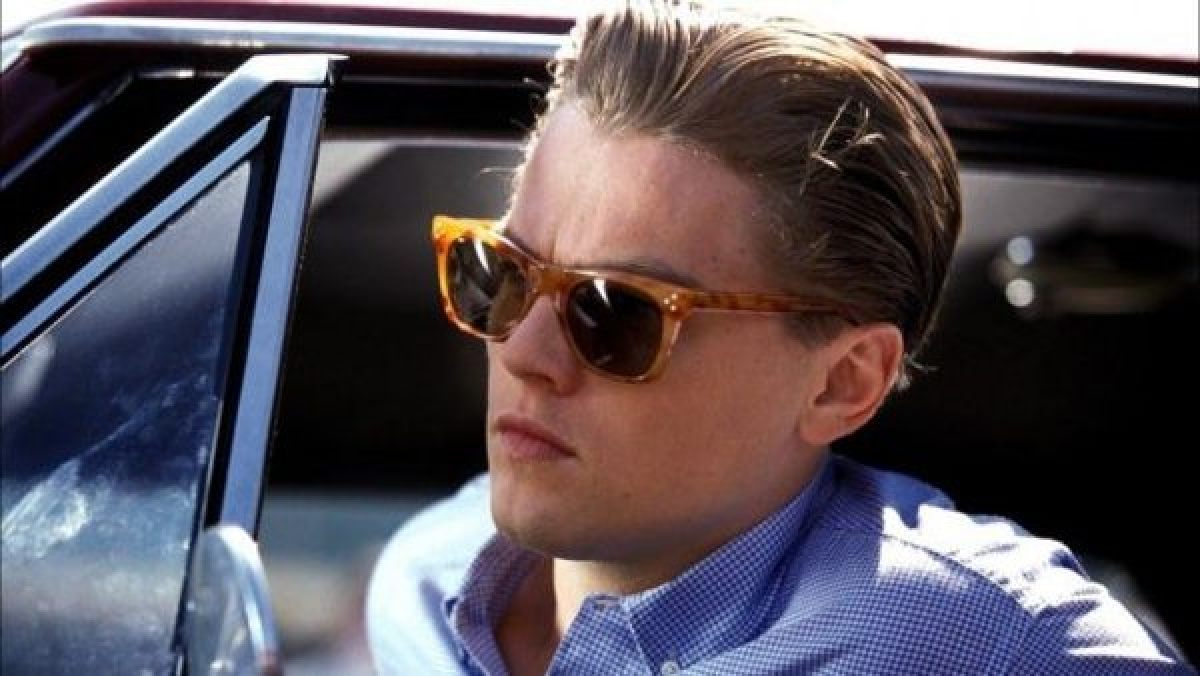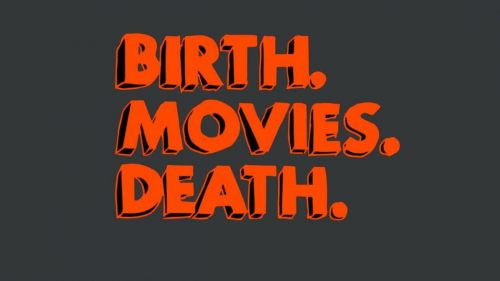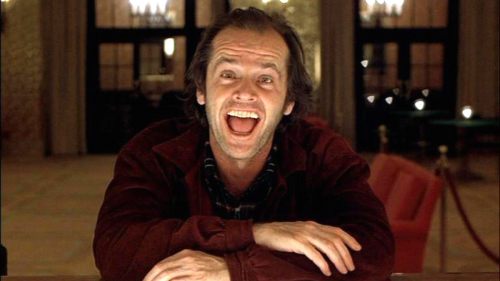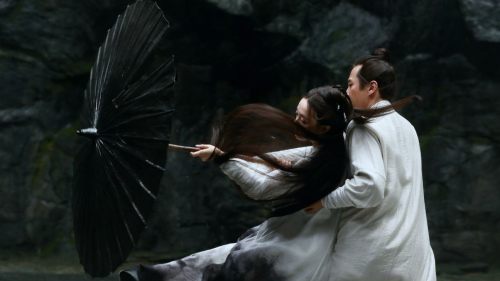BMD Picks: Our Favorite Rogues
They're scoundrels and thieves, able to worm their way into any situation and work it to their advantage. Yet beneath all that rascally rebellion is a heart that allows us to recognize their pure humanity and empathize with the rogues, even when they're operating at their most dastardly levels. That's why many of cinema's greatest (anti-)heroes play on both sides of either morality or the law. Star Wars' Han Solo is one of the greatest examples in the history of the medium, whose own backstory we'll all get to explore with Solo this weekend.
In celebration of Ron Howard's Star Wars Story, the gang got together to select a murderer's row of filmic rapscallions (complete with a video cut together by Drafthouse's kickass cutting department), so that you all have viewing options to choose from once Solo stops rolling...
*****

Rick Ford
Sometimes, the only thing better than a good rogue is an over the top parody of one, and that’s just what Jason Statham offers in Paul Feig’s hilarious Spy. In a film where accomplished actors apply their A-game to spoofing genre tropes - folks like Melissa McCarthy, Rose Byrne and Jude Law - Statham’s over-the-top Rick Ford jumps in there and steals the whole thing. That is what’s known as “The Statham Guarantee”.
Statham’s Ford isn’t kind, he isn’t humble, and he probably isn’t all that capable of doing his job. But his big talk and adoring love for himself above all others make him hard to dislike. If Hollywood decided to make a series of movies portraying his alleged adventures - as well as his slick tailoring skills - that would be totally okay with us. - Evan Saathoff

The Man With No Name
The poncho-sporting, cigar-chomping Uomo Senza Nome from Sergio Leone’s masterful spaghetti Western “Dollars Trilogy” – A Fistful of Dollars (‘64), For a Few Dollars More (‘65) and The Good, the Bad and the Ugly (‘66) – is possibly the most iconic character in the entire history of cinema. Clint Eastwood’s towering Man With No Name changed the way we look at cowboys; morphing the archetype from a rugged John Wayne mold to a silent, deadly avenger whose morality was always in question. Other than perhaps James Bond, no cinematic hero has proven to influence as many subsequent pulp roles with his uniquely badass scowl and quick draw lethalness. However, by the time we reach the series’ most famous installment, The Good, The Bad, and The Ugly, he isn’t really a hero at all. The gunslinger was a nefarioussymbol, whose widescreen image was borrowed by Stephen King (for his sprawling Dark Tower series), and even sent off into the sunset by Eastwood himself, via the brutal Oscar-winning anti-Western Unforgiven, which doubles as a somber eulogy for arguably the greatest rogue of them all. - Jacob Knight

Barry Lyndon
Kubrick's titular character in his epic period drama, Barry Lyndon, isn't the likable rogue in the traditional way you think of characters who have their moral compass pointed in the right direction even if their profession puts them on the wrong side of the law. Still, Ryan O'Neal is hard not to like and root for as he works his way to the top, because he peppers in acts of talent and heroism in his quest to better his lot in life. Kubrick's film was famously shot using lenses designed by NASA, and it's among the most beautiful movies ever made. That helps frame Lyndon in a positive wa, and he ultimately chooses to do the right thing when confronted with his crimes, both against the law and against morality. Yet one wonders if Kubrick, whose mistrust of humanity is the theme that permeates most of his pictures, was ever interested in providing any commentary on values, as his epilogue states: "it was in the reign of George III that the aforesaid personages lived and quarrelled; good or bad, handsome or ugly, rich or poor, they are all equal now." - James Emanuel Shapiro

Frank Abagnale Jr.
Catch Me If You Can is one of Steven Spielberg's unsung masterpieces. It also contains one of Spielberg's most fascinating character studies: that of real-life con artist Frank W. Abagnale Jr., as essayed onscreen by Leonardo DiCaprio.
Arguably one of cinema's greatest scammers, if not reality's, Abagnale spends the movie - and a good portion of his early life - operating under a range of false identities. He's a teacher. An airline pilot. A doctor. A lawyer. Not exactly easy professions to bluff one’s way through. Channeling his favourite TV and film characters, Frank charms his way into positions of authority - and into our hearts.
Yet the most unique aspect of Abagnale's roguishness is that it's all an act. Frank Jr. is a lonely, frightened boy at heart, constantly on the run, hiding behind rockstar facades that only his father (Christopher Walken) can truly see through. DiCaprio is a magnetic presence under Abagnale's false identities, to be sure, but it's when the mask drops - as with his beloved Brenda (Amy Adams) - that we truly fall in love with him. Sometimes rogues are just playing a part. Sometimes, ultimately, they’re just like us underneath. - Andrew Todd

Rhett Butler
Tall, dark, and dashing, Captain Rhett Butler is a man who knows exactly what he wants -- and one who doesn't mince words when going after it. Arriving in Georgia by way of Charleston, Captain Butler's reputation proceeds him and it's obvious he cares very little about being considered a proper southern gentleman. Prowling around Twelve Oaks Plantation with a wicked glint in his eye, his roguish charm and sly sense of humor make him one of cinema's most iconic characters. Not to mention, the only man capable of handling a quintessential southern belle the likes of Scarlett O'Hara.
Always frank with his opinions -- including that a woman should be kissed often and by someone who knows how -- the insightful and intelligent Captain Butler is a commanding presence. Igniting the desire in the young Miss O'Hara, he evokes an air of mystery about his sordid past. These attributes, along with his tremendous wealth, are a source of great intrigue for the spoiled ingenue. However, it's his blatant disregard of her usually irresistible charm that ultimately wins her over. As the story goes with most scoundrels, beneath his rough and confident exterior, Rhett Butler is a gentle and noble man longing to win the heart of the woman he loves. It is his embodiment of these qualities that has allowed his character to endure for nearly eight decades.
Since 1939's Gone with the Wind, Clark Gable's exemplary portrayal of Rhett Butler has been the inspiration for more than a few scoundrels resembling his stature in both literature and film. The most prominent being another iconic and charismatic rogue known as Captain Han Solo. - Emily Sears



